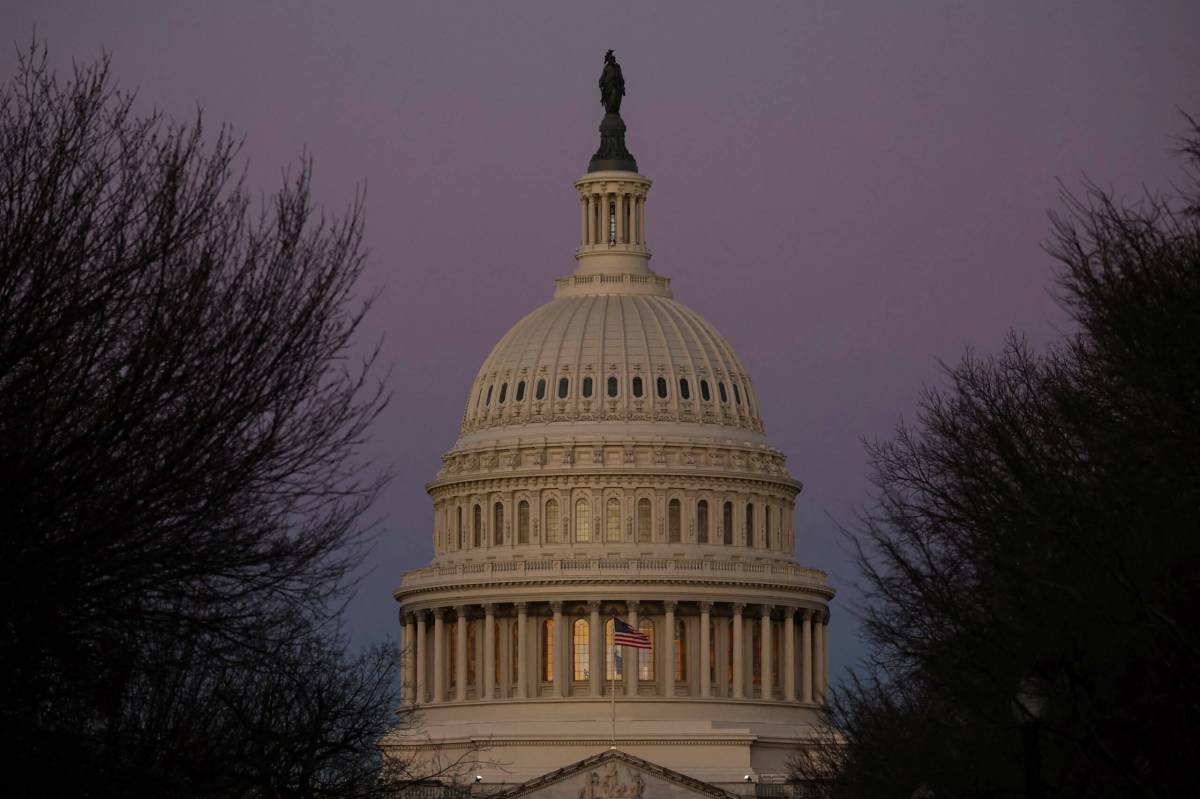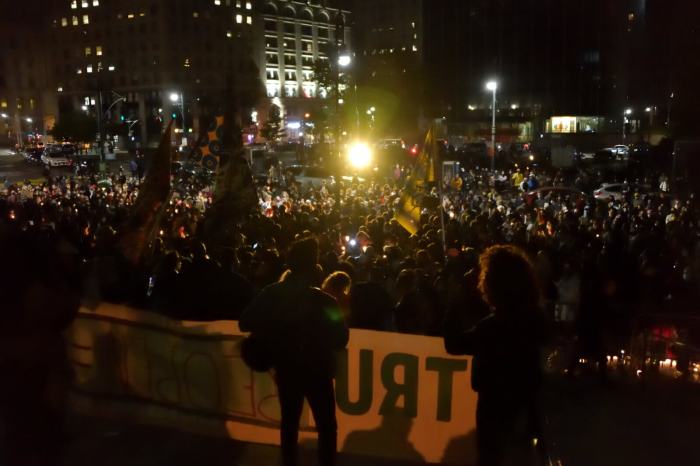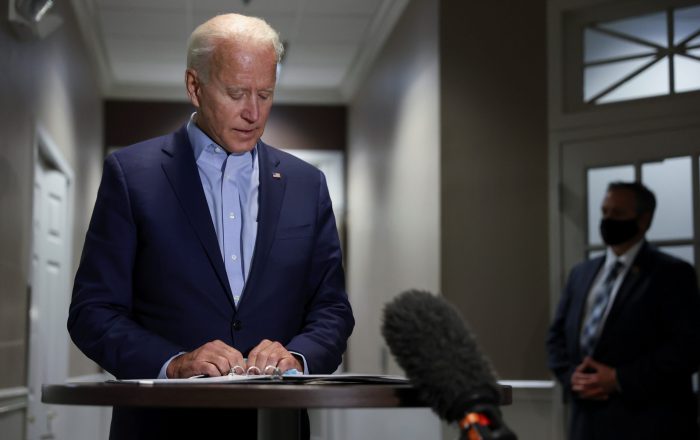Democrats and Republicans in the U.S. Senate worked on Thursday to reach a deal to quickly pass a $1.5 trillion bill providing emergency aid to Ukraine and funding the government, avoiding government agency shutdowns at the end of this week.
Senate Majority Leader Chuck Schumer said he hoped lawmakers would be able to pass the legislation late on Thursday, a day after it won approval from the House of Representatives. The sweeping measure funds military programs and an array of nondefense operations through Sept. 30. It also provides $13.6 billion of emergency aid to Ukraine, which is under attack by Russia.
“Rarely does this responsibility arrive at such a critical moment for our country and for the world,” Schumer said on the Senate floor. “War has erupted in Europe and Americans are looking to relief from rising costs, and this package is critical for facing these challenges.”
Senate Republican leader Mitch McConnell indicated bipartisan support, saying the bill met his requirements, including robust defense spending.
But the Senate was up against a midnight Friday deadline, when the latest in a string of stop-gap funding bills since last September expires.
Whether lawmakers can pass the omnibus spending bill in time would depend on if Democrats and Republicans can iron out a bipartisan agreement to expedite the vote. All 100 senators would need to agree to circumvent normal Senate procedures that could otherwise delay passage for days.
Senator John Thune, the chamber’s No. 2 Republican, told reporters that his party wants votes on Republican amendments, addressing Democratic President Joe Biden’s vaccine mandates and the federal budget deficit, in exchange for an expedited process.
“We’re willing to trade time for votes. And if (Democrats) will give our members their votes, I think we can probably still wrap this up today,” Thune said.
However, Thune cautioned that Republicans could also demand more time to wade through the 2,700-page document before voting. “If people haven’t had a chance to plow through it yet, because they just got it … it could drag on for a few days,” he said.
If the Senate cannot move the full funding package before the Friday deadline, lawmakers could still avoid a partial government shutdown by passing a stop-gap measure to keep federal agencies operating through March 15. The measure, known as a continuing resolution, also passed the House on Wednesday as a failsafe step.
Congress has resorted to these short-term remedies because Democrats and Republicans have until now failed to reach agreement on budget priorities, a basic function of government.




































